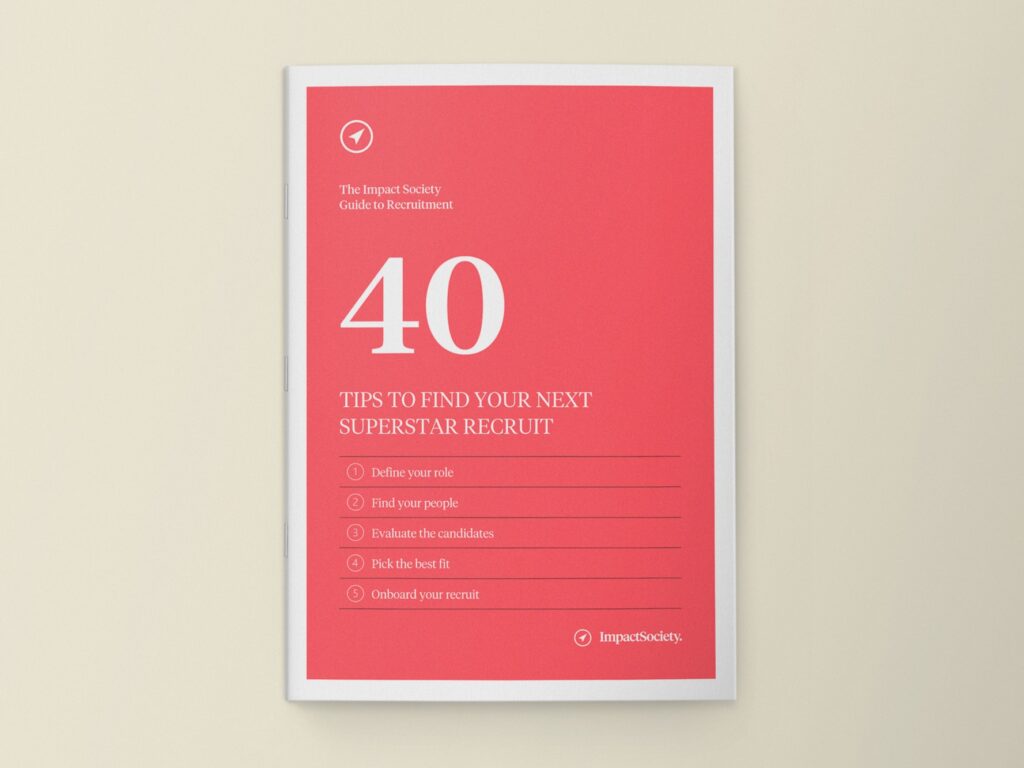There is one unconventional recruitment technique more effective than everything else. Even interviews. What is it?
Well, if you hired a chef, you wouldn’t just interview them, would you? You’d also want to taste their cooking, right?
So why then do so many recruitment processes only involve interviews? It doesn’t make any sense.
And research backs this up.
In his book, Work Rules!, Laszlo Bock – former Google Senior Vice President, People Operations – summarises the results of a meta-study1 that reviewed 85 years of research on the topic.
The study showed that work sample tests (i.e. tasting the chef’s cooking) are the best predictor of how someone will perform in a role.
General cognitive ability tests are the second most effective predictors, tied alongside structured interviews (i.e. where candidates are asked a consistent set of questions).
But we don’t need to choose one or the other. The study showed a combination of techniques is better than any single technique.
So why not include all three techniques in your next recruitment process? You could use:
- A general cognitive ability test, where a candidate’s verbal, numerical and abstract reasoning ability is evaluated. There are online providers of professional grade tests like this, so pick an appropriate one and ask each candidate to complete it online.
- A work sample test, where each candidate completes a piece of work typical of the role. Roles with low task variation will be easier to assess (e.g. if you’re recruiting a recruiter, give them a job description and ask them to design a recruitment process; or give a programmer a section of code and ask them to identify errors and optimisation opportunities). For jobs with high task variation, it will be harder, so prioritise tasks that are both critical to the role and hard to find in the labour market. You could ask them to do this in their own time at home or to come into the office and do it at a set time.
- A structured interview, with questions focussed on the essential behavioural and technical requirements of the role.
The study doesn’t say anything about the optimal order of techniques. However, I’d suggest doing the interview last, so that you can leave some time to dig into any interesting outcomes from the cognitive ability and work sample tests.
Hiring the right people is a critical success factor for any organisation. And recruitment is difficult. So, it’s worth investing the effort in designing and running an effective process.
One question for you
What’s a relevant work sample test that you could incorporate into your next recruitment process?

Impact Society
Guide to Recruitment
FREE
This guide helps you design and run a better recruitment process to find an amazing fit for your next hire.
Where to next?
- Download the Impact Society Guide to Recruitment: 40 Tips to Find Your Next Superstar Recruit
- Read about the five critical steps to build a high performing team
- Before you start recruiting your team, it’s essential that you have strategic clarity: our free Team Alignment Canvas and Strategic Planning Toolkit will help you do this
References
- Schmidt, FL & Hunter, JE (1998). The validity and utility of selection methods in personnel psychology: Practical and theoretical implications of 85 years of research findings. Psychological Bulletin, 124(2), 262–274. Source
